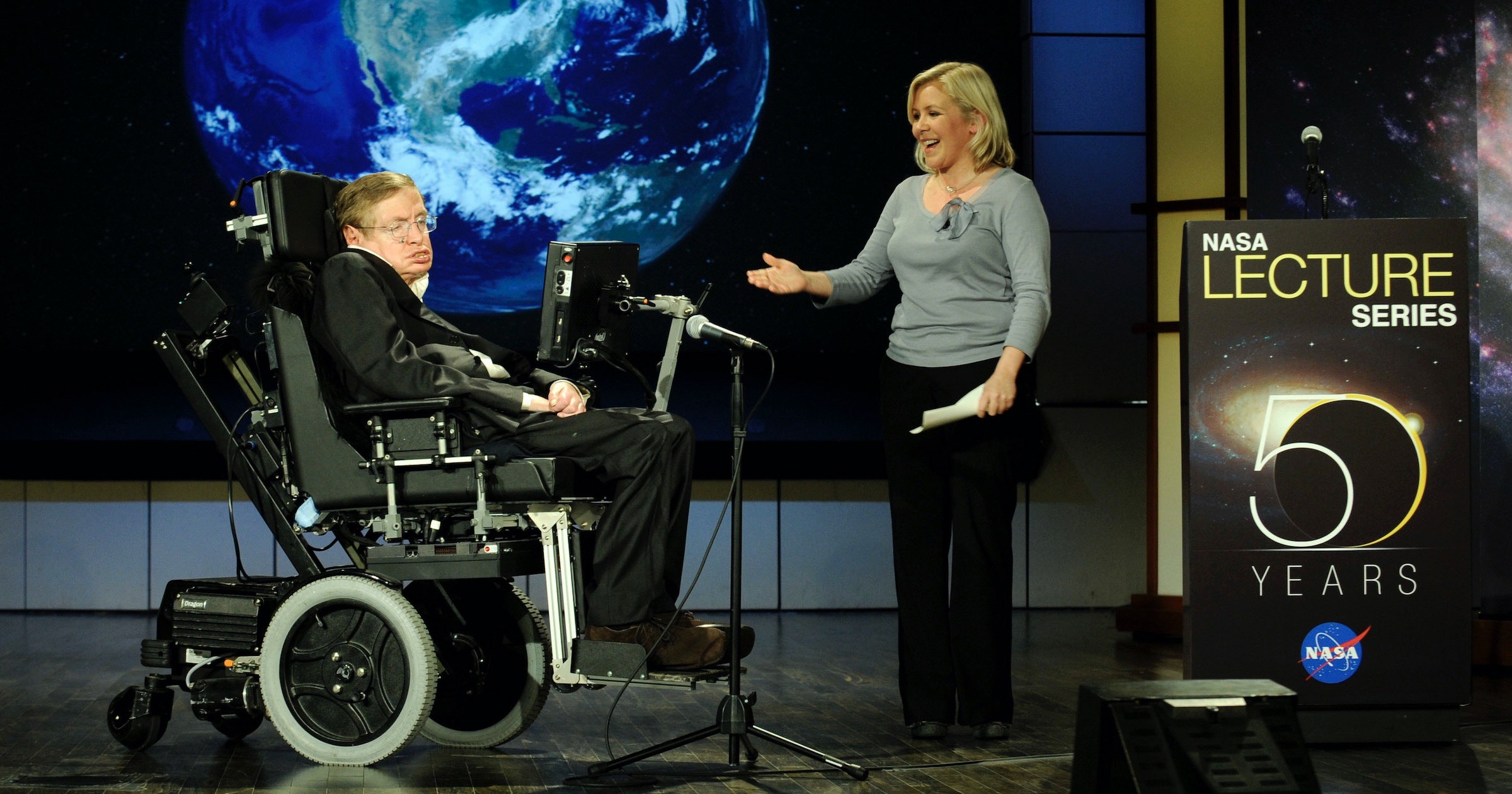 Physics, Earth & Space
Physics, Earth & Space
Against the Tide: When Scientists Stray from Science

Oxford University mathematician John Lennox stars in the one-night-only film Against the Tide: Finding God in an Age of Science, in theaters across the country on November 19. Get your tickets here, and don’t forget to bring family and friends! Looking forward to the release, Professor Lennox took time to answer some questions from Evolution News. As noted here already, C. S. Lewis was a major influence on Dr. Lennox, and is a focus of the first half of Against the Tide.
The film stresses C. S. Lewis’s and your association with Oxford University. Of course, many atheist professors are associated with Oxford, Cambridge, and (in the United States) Harvard and Yale. In debates over science and faith, do you think people are sometimes influenced more by the prestige of such academic institutions than by the actual quality of their arguments? If this is a problem, how do we get beyond it?
Well that’s perfectly possible. And why that happens of course is that people can be very brilliant in their own field but when it comes to going outside their field, that’s a different matter. For example, Stephen Hawking was a brilliant mathematician. I remember him in Cambridge. He was there just before I was. An absolutely brilliant mathematician and a genius. But he had no idea about philosophy. And Albert Einstein, who was a genius, said long ago that a “scientist is a poor philosopher.”
That is really what happens, that people have immense prestige in their own field, like Richard Dawkins, for example, and then they start to make all kinds of wild statements in other fields and these are accepted as authoritative because he’s a professor at Oxford.
But it’s very important, because I’m a professor at Oxford as well, it’s very important to realize how to behave when you go outside your own field. Because we all do it, we have to do it. But we need to consult the experts in that field outside our own, and that’s what they often don’t do. So, when Richard Dawkins talked about the historicity of Jesus, which he now does accept, he quoted not an ancient historian but a retired professor of German. But that’s just an absurdity. And the same is true with many other things that were said [by Dawkins and others].
So, the lesson is we need, as you say, to probe whoever uses the arguments. We need to examine them. There’s a very famous television series that started in the U.S. years ago, with Carl Sagan, that was called Cosmos. And in the beginning, the very first line was “The Cosmos is all that is, or ever was, or ever will be.” And because he was a scientist, people believed it. But it’s not science. It was his own personal belief flowing from his atheism. And he had no scientific warrant for it whatsoever. But because of his authority and because he worked at a famous institution [Cornell University], people accepted it.
So, the lesson is for me is: examine the arguments. Don’t be over-awed by the people. Of course, give them respect. And I respect people like Hawking and so on as being brilliant in their own field. But, when it comes to the implications of their own field, sometimes they can be very weak. And it just fulfills what Einstein said. Hawking seemed to know very little about philosophy. And indeed, our Astronomer Royal, [Martin Rees,] who is a very eminent person, said that he knew Hawking well and that he knows very little about theology and philosophy and we shouldn’t listen to him on anything he says about those two subjects.
See below one of Dr. Lennox’s debates with Richard Dawkins, the “God Delusion Debate,” held in 2007 at the University of Alabama-Birmingham. I noticed that a commenter at YouTube asks, poignantly, “Why can’t presidential debates be this civilized?” — to which another replies, “There are no intellectuals in politics,” and another, “If they were intellectuals they would never be elected!” It’s hard to argue with that.

